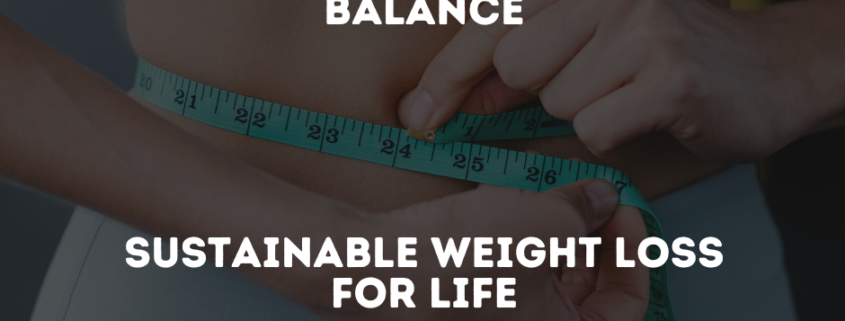When people struggle with losing weight and getting fitter, they often blame it on not having enough willpower to stick to diets or not feeling motivated to exercise. They often snack on high calorie foods and skip workouts which makes them even less motivated.
But here’s the real issue: it’s not about willpower or motivation, it’s about sleep.
Sleep is incredibly important when it comes to achieving your weight loss and fitness goals. When you don’t get enough sleep, your brain becomes super interested in unhealthy foods, making it hard to resist cravings and make good food choices. Plus, not getting enough sleep weakens your ability to control yourself, so you’re more likely to give in to temptation.
Research shows that not getting enough sleep messes up the hormones that control your appetite. The hormone that makes you feel full (leptin) decreases, while the one that makes you hungry (ghrelin) increases. This hormonal chaos often leads to overeating and making bad food choices, which makes it tough to stick to a diet.
There was a study at the University of Chicago where sleep-deprived people ate more calories, especially from high-carb and high-fat foods. So, not getting enough sleep makes it really hard to stick to a healthy diet.
In another study in 2013, they had people sleep less, like many of us do in our busy lives. The results showed that not getting enough sleep led to eating more calories, mostly from snacks. This means that when you’re tired, your body craves more food, especially snacks and unhealthy stuff. So, if you’ve been beating yourself up for not having enough willpower to stick to a diet, know that eating more is a normal response to lack of sleep, it’s not that you don’t have willpower. The solution? Get enough sleep to control those cravings.
Now, let’s talk about exercise. Sleep is super important for physical performance. When you don’t sleep enough, you have less energy and your muscles don’t recover well. This means your workouts won’t be as good, and you might even get injured.
Research from Stanford University found that athletes who got more sleep improved their sprinting times, endurance, and overall performance. On the flip side, people who don’t sleep enough struggle with muscle fatigue and slow recovery, which makes it hard to make progress in the gym.
Getting enough good sleep can be a game-changer in your weight loss journey and in improving your fitness. Well-rested people have better control over their hunger hormones and make healthier food choices. Good sleep also helps your brain work better, so sticking to your diet and resisting unhealthy foods is easier. Sufficient sleep also helps your muscles recover, makes you more coordinated, and boosts your endurance, so you can work out harder and get better results.
In Conclusion
In the world of fitness and weight loss, sleep is often overlooked as a secret weapon. Weight loss is not just about cutting calories or hitting the gym; it’s also about taking care of your body through sleep. So, make sleep a priority on your fitness journey and you’ll improve your willpower and increase your motivation. This will help you see amazing changes in your efforts that will lead to much better results. Remember, a well-rested you is a healthier, fitter you!
Be Fit, Be Healthy, Be Happy
Shaun




